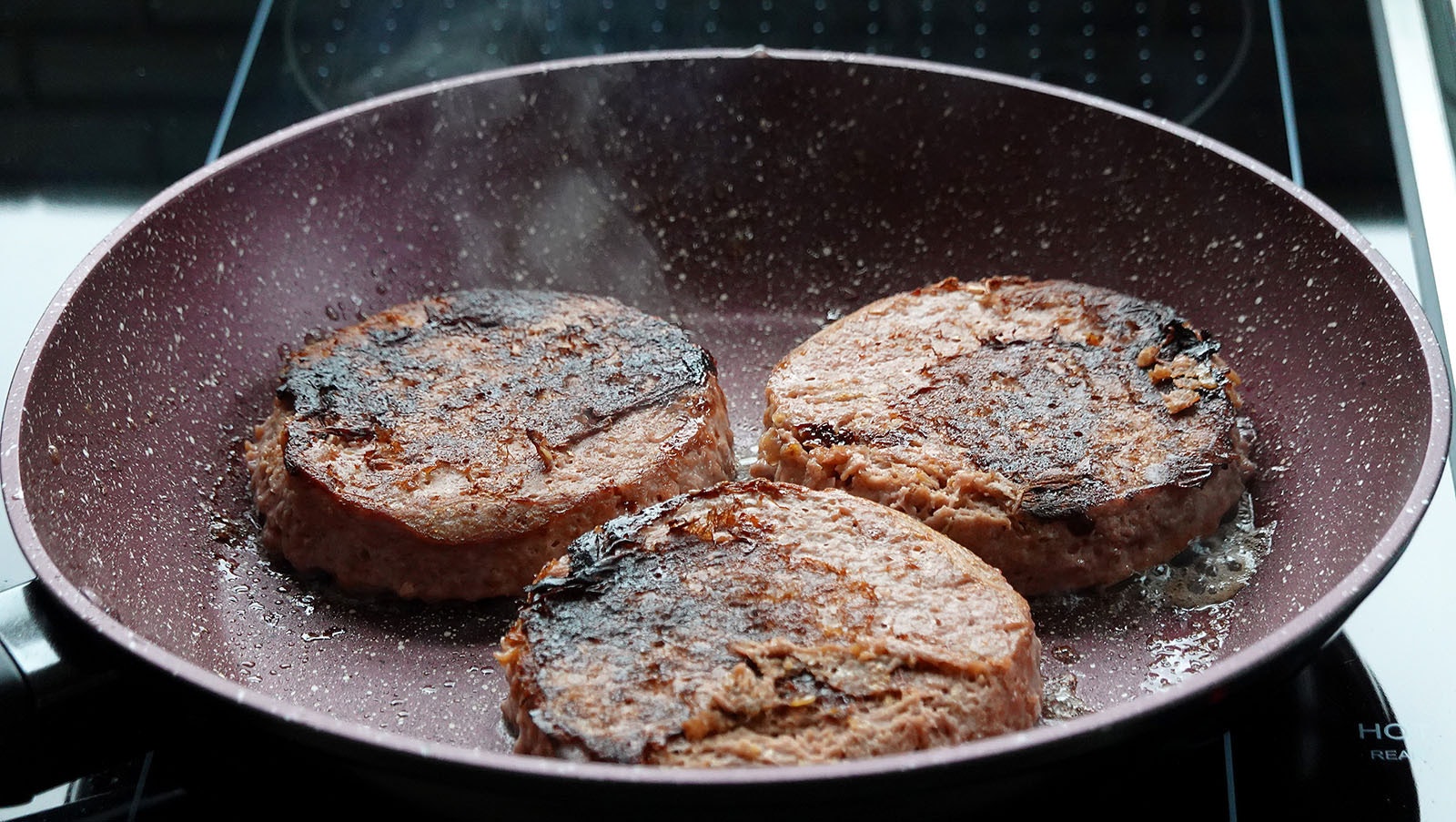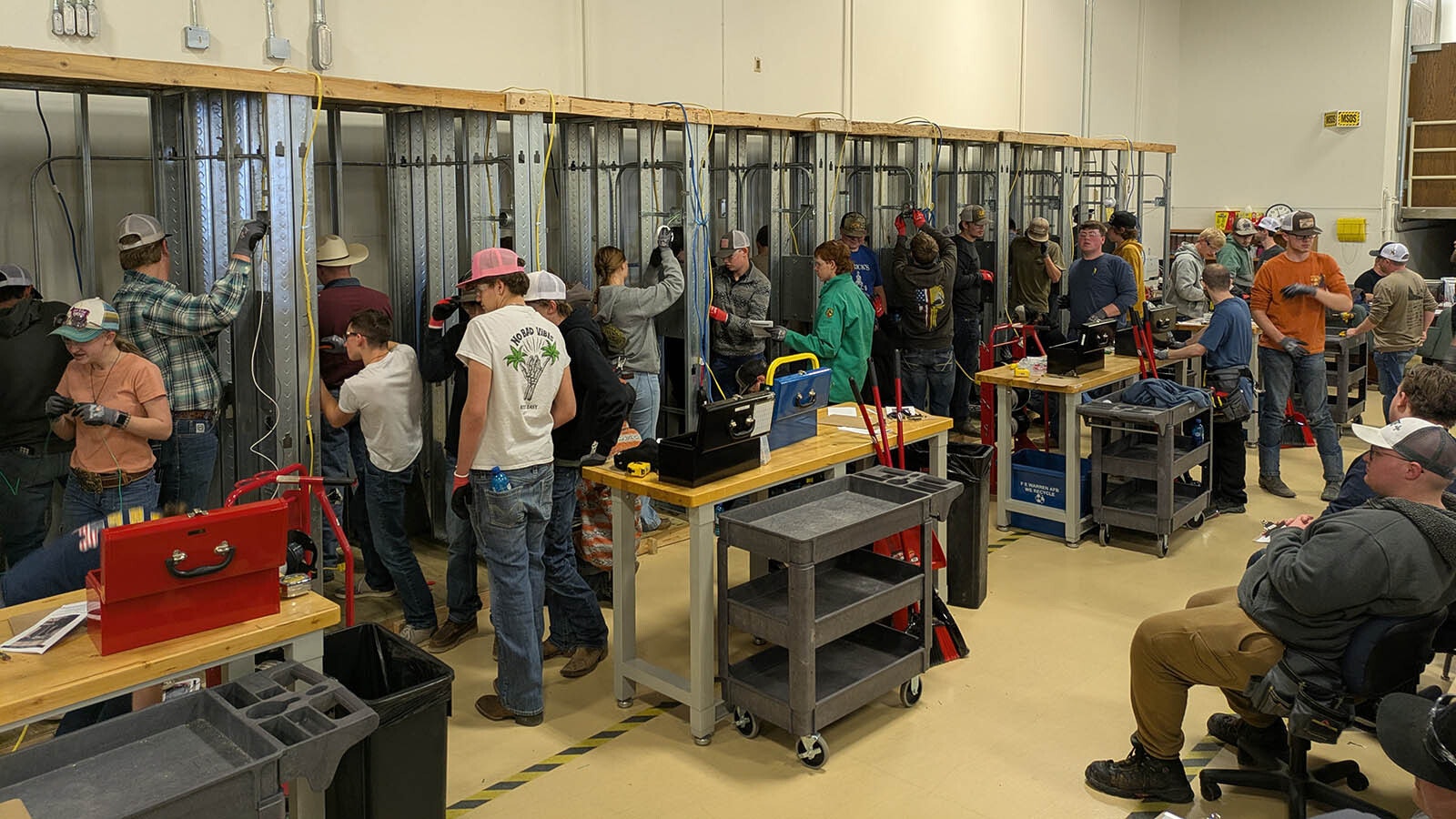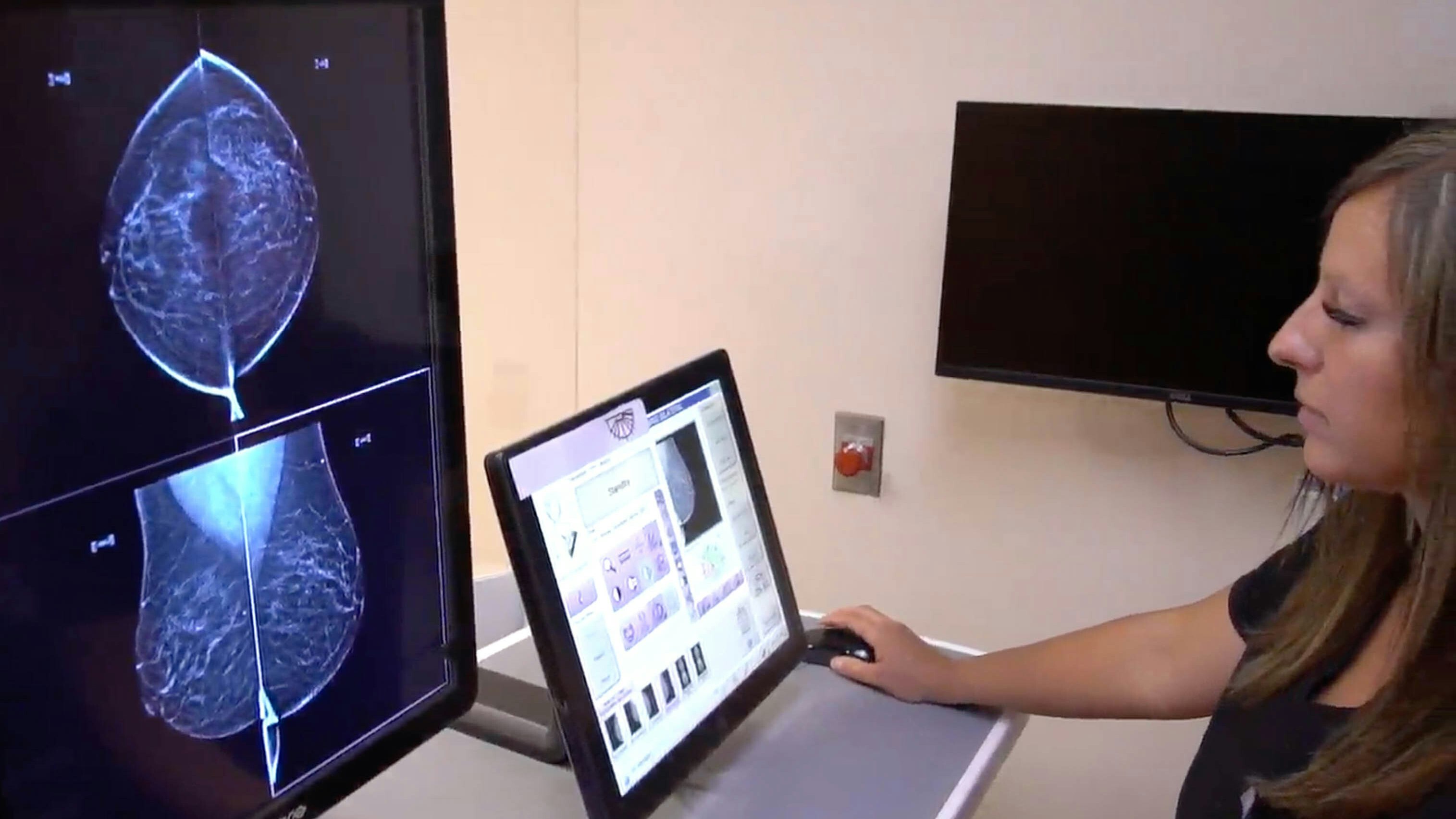It turns out that people prefer the taste of a juicy all-meat burger over something pretending to be one.
Beyond Meat, the California-based maker of plant-based meat that exploded when it hit the market a few years ago, reported a 30% decrease in net revenues during the second quarter of the fiscal year over last year’s second quarter.
The food company has seen its stock price fall more than 90% from its 2020 peak, and last fall it laid off about 20% of its employees.
Celebrity Investment
The brand was founded in 2009 with the goal of combating climate change from livestock production. Over the years, the brand has drawn a lot of celebrity investors, including actor Leonardo DiCaprio, rapper Snoop Dogg and NFL receiver DeAndre Hopkins.
The company also received early support from Bill Gates, who has funded a number of other interesting ventures aimed at reducing emissions from livestock production.
While it enjoyed some initial hype, the latest earnings report suggest a waning interest in meat alternatives.
The company cited softer demand in the plant-based meat category. High inflation, rising interest rates and worries over a possible recession, according to the company, are possible reasons people are passing on the higher-priced food product.
Alternative Proteins
Rancher Mark Eisele, whose family runs the historic King Ranch Co. near Cheyenne, told Cowboy State Daily he won’t call it alternative meat, since it’s not meat. He calls it alternative proteins.
“I’m not terribly surprised by the lack of a market for the alternative,” Eisele said.
He said all the celebrity endorsements don’t change the fact that the food didn’t appeal to people the way real beefdoes.
“When people try it, I think they’re a little disappointed in the feel and in the texture,” Eisele said.
Brett Moline, spokesperson for the Wyoming Farm Bureau, told Cowboy State Daily he’s not surprised the hype wasn’t sustained.
“I think a lot of people try new products just to try them,” Moline said.”I know several people that tried them, and they said, ‘I’m glad I tried it because I never want to eat that crap again.’”
Ingredients
The ingredients also turn people off, Eisele said.
For protein, Beyond Meat uses peas, mung beans and fava beans, which are said to go well with a nice chianti. They also use cocoa butter, coconut oil and canola oil.
Their competitor, Impossible Foods, has gotten more scrutiny for its ingredients, which use heme to make the food look bloody. They extract DNA from soy plants and insert it into a genetically engineered yeast.
Overwhelmingly, studies conclude that genetic engineering foods have no negative health impacts, but the people who view plant-based proteins as healthy alternatives to meat often don’t like the idea of genetic engineering.
“You have to be a chemist to figure out what’s in this fake stuff,” Moline said.
Wholesome Product
Impossible Foods isn’t publicly traded, so it doesn’t make its sales figures public. However, it shows signs of struggling as well. Last March, it laid off about 20% of its workforce, according to the San Francisco Business Times.
Moline said that Wyoming’s beef industry is benefiting from consumers’ growing interest in how their meat is grown.
“We use as few inputs as possible, because we want it to be a healthy, wholesome product. And I think people are more aware of that,” he said.
He said alternative proteins might end up on a similar trajectory as margarine. It was first produced in the mid-1800s as a cheap alternative to butter, and it eventually caught on in the U.S. as a healthier alternative to butter after World War II.
As concerns about the saturated and trans fats in margarine grew, it fell out of favor as a healthy alternative.
“I think it's gonna be the same thing with some of these other alternative processed foods. People are gonna say, ‘No, I want it the way God made it, not the way man makes it,” Moline said.
Lab-Grown Meat
For Eisele, lab-grown meat poses a larger threat to the industry.
“It’s kind of like creating cancer cells. It’s a tumor that replicates itself,” Eisele said.
While there are limited FDA approvals for use in labs, there’s still a long way to go before this meat alternative is in the grocery store.
Currently, it takes a lot of energy to produce the meat, and the efforts in the lab are plagued with problems.
There’s a lot more to a juicy steak than just the meat cells, so even if the problems in the lab are solved, including the high cost of production, it’s not clear consumers will like how it tastes.
Eisele said that the cattle industry in the U.S. produces only 4.5% of the nation’s total greenhouse gasses, while producing 20% of the world’s beef.
So, one of the biggest reasons to eat alternative proteins falls a bit flat.
“I think we got a great track record,” Eisele said. “We’d like to keep building on that.”





